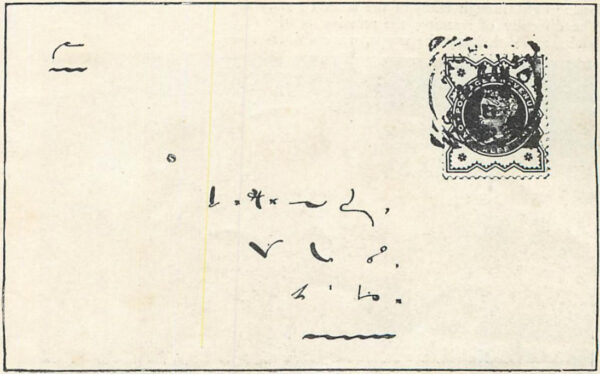The avoid creating duplicate street names in Columbia, Maryland, developer The Rouse Company took its inspiration from famous works of art and literature. Street name maven Howard Channing cited these as some of his favorites:
- Attic Window Way
- Banjo Court
- Barefoot Boy Street
- Better Hours Court
- Cloudburst Hill
- Dragon Claw Street
- Drowsy Day Street
- Feathered Head Street
- Flapjack Lane
- Frostwork Row
- Fruitgift Place
- Hat Brim Lane
- Honey Salt Row
- Hundred Drums Row
- Kind Rain Street
- Latchkey Row
- Lifequest Lane
- Little Boots Street
- Mad River Lane
- Melting Shadows Lane
- Quiet Hours Street
- Resting Sea Street
- Rustling Leaf Street
- Satan Wood Drive
- Sealed Message Street
- Sharp Antler Street
- Snuffbox Terrace
- Tufted Moss Street
- Wineglass Court
- Youngheart Lane
These and more are listed in Paul Dickson’s 1996 book What’s in a Name?, and the town once published a book with the whole story. This database catalogs some of the names’ origins. Channing called Columbia the most “provocatively and imaginatively” named town he’s studied.




